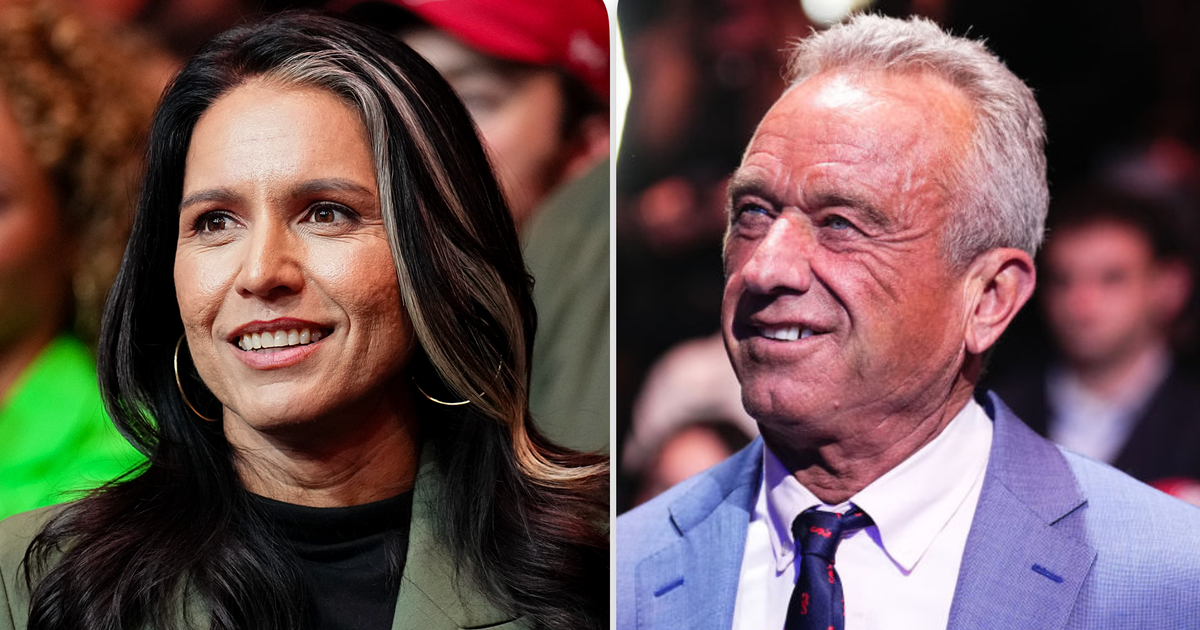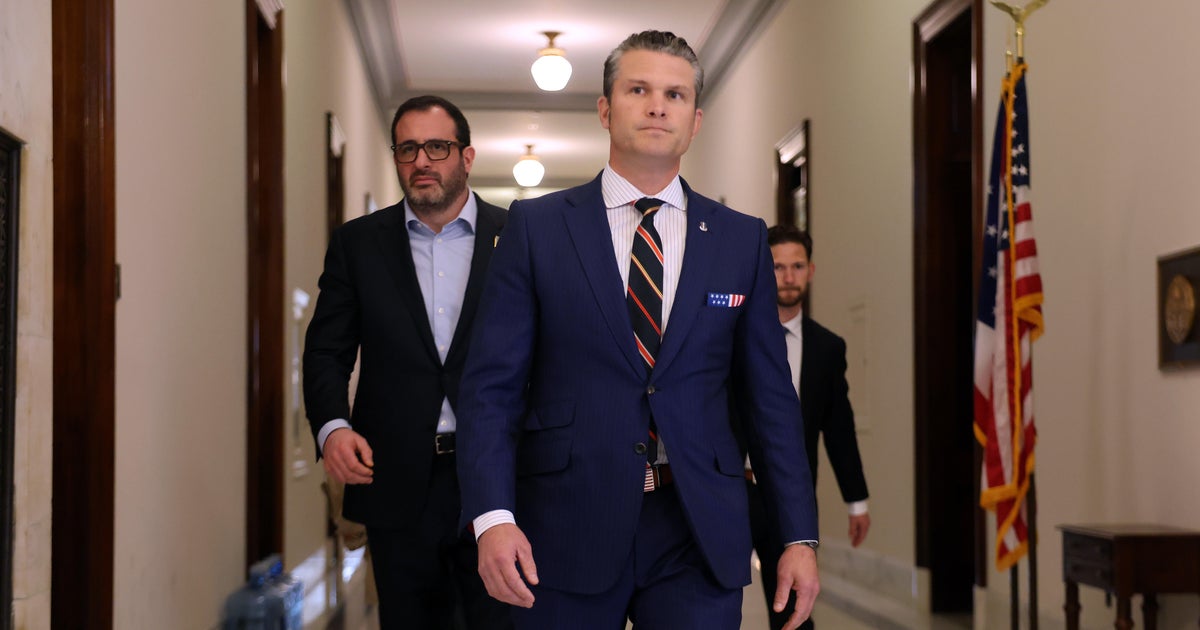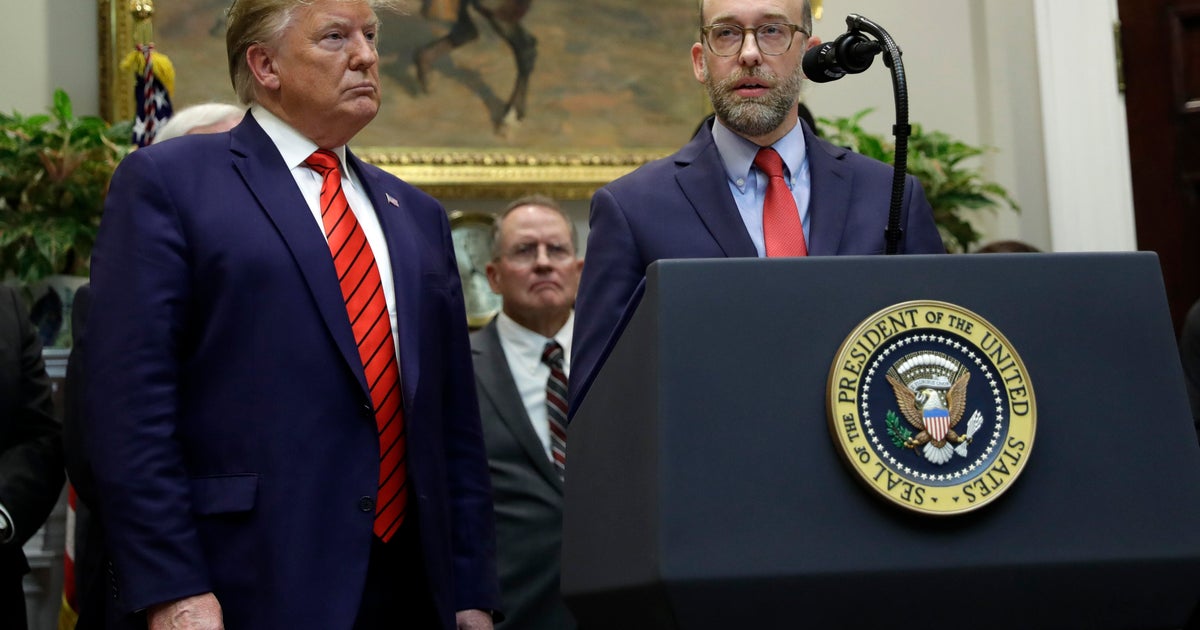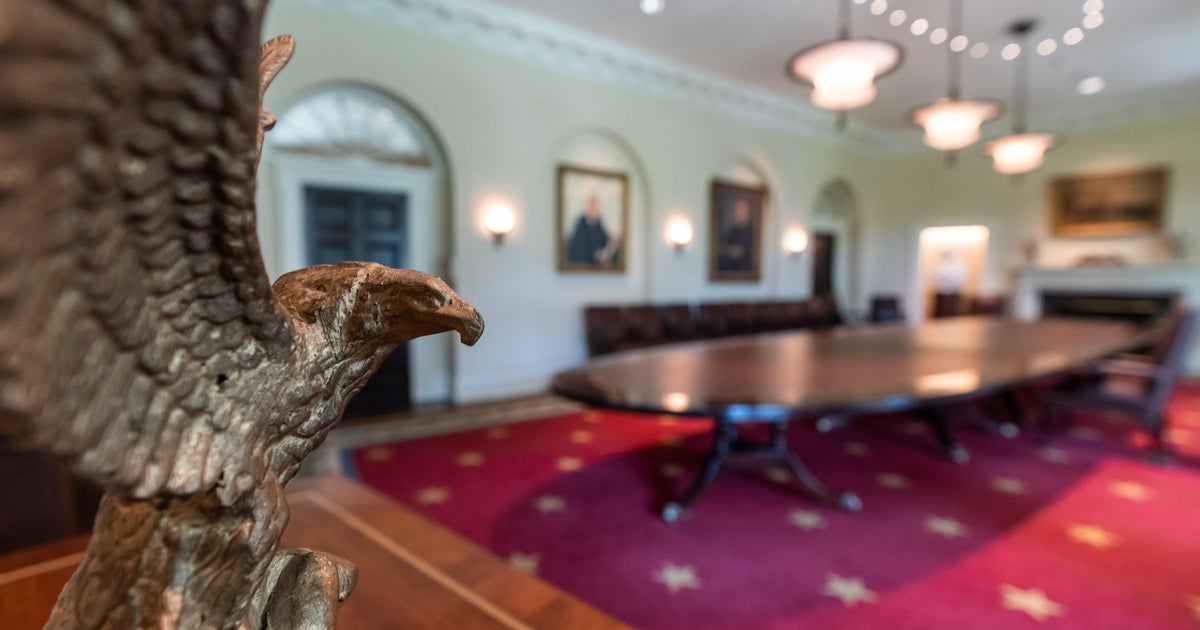See how Trump and Harris' stances on military support compare
There are similarities between former President Donald Trump and President Biden on long-term armed forces strategy, but in the run-up to the 2024 election, stark differences in Harris and Trump's view of the military's role have emerged.
Trump, having been commander-in-chief, has a policy record and views on the military. But former advisers with whom he clashed during his presidency have warned that a second Trump administration could look much different than the first.
Harris doesn't have as much in her background that illuminates her views of the role of the active-duty military. But it's likely a Harris administration would follow the norms of previous presidents and the national defense strategy under President Biden.
The Ukraine conflict
The Biden-Harris administration has committed to support Ukraine with military assistance but has drawn the line at providing U.S. troops on the ground.
Trump on the campaign trail has said Putin would never have invaded Ukraine while he was president and has claimed without providing a plan that he could end the war in a day.
NATO
Harris at the Munich Security Conference earlier this year reaffirmed the U.S. commitment to NATO. Under Article 5 of the NATO treaty, an attack on any NATO member country would be considered an attack on all NATO countries, and each country would contribute to the collective defense of the alliance — including the use of armed force. During the Biden-Harris administration, NATO welcomed two more members — Finland and Sweden — to the alliance.
As president, Trump criticized NATO members for not paying more for their own defense, and since then more NATO countries have made strides in meeting the 2% of GDP target that NATO set in 2014. On the campaign trail in February, he said "Russia could do whatever they want" if NATO members don't pay more for their own defense.
Israel and the Mideast
Harris has called the relationship between the U.S. and Israel an important alliance, but also says Israel must do more to prevent civilian casualties in its operations. The Biden administration at one point paused one shipment of 2,000-pound bombs, warning it wouldn't supply weapons for an offensive in Rafah, but it has continued shipping other arms.
Trump who describes himself "a protector" of Israel, has also called for a quick end to the Israel-Gaza conflict, saying in October, "I will support Israel's right to win its war on terror, and it has to win it fast."
China
Mr. Biden has said the U.S. would come to Taiwan's aid if China invaded, but Harris in an interview with "60 Minutes" stuck with the official U.S. policy of "strategic ambiguity." She has said it's important to support Taiwan's ability to defend itself.
Trump has dodged questions on whether the U.S. would come to the aid of Taiwan if China invaded. In an interview earlier this year, he said Taiwan should pay the U.S. more for helping in its defense.
Trump and "the enemy within"
The U.S. military's primary role is to defend the country from external threats, but during his campaign, Trump has suggested he might try to deploy the military against his political opponents at home.
In October, Trump said in an interview that on Election Day, there would be threats that "are the people from within."
"We have some sick people, radical left lunatics. And I think they're the — and it should be very easily handled by — if necessary, by National Guard, or if really necessary, by the military, because they can't let that happen," Trump told Fox News in mid-October.
Since Trump made those remarks, John Kelly, a retired four-star Marine general and Trump's former chief of staff, has spoken about interactions he had with Trump that raised concerns the former president, if elected again, could rule like a dictator.
Kelly told The New York Times in October, "This issue of using the military on — to go after — American citizens is one of those things I think is a very, very bad thing — even to say it for political purposes to get elected — I think it's a very, very bad thing, let alone actually doing it." He also told the Times that Trump fit the definition of a fascist.
Trump and his campaign have denied Kelly's accounts.
In 2020, during nationwide protests related to the death of George Floyd, Trump threatened to use military force against protesters. "If a city or state refuses to take the actions that are necessary to defend the life and property of their residents, then I will deploy the United States military and quickly solve the problem for them," Trump said. After rioting in Washington, D.C., he said, "I am dispatching thousands and thousands of heavily armed soldiers, military personnel and law enforcement officers to stop the rioting, looting, vandalism, assaults and the wanton destruction of property."
Then-Defense Secretary Mark Esper, said Trump wanted to send 10,000 active-duty military troops to confront protesters in D.C. In May 2022, Esper told "CBS Evening News" anchor Norah O'Donnell that during a June 2020 meeting about the rioters, Trump said, "'Can't you just shoot them? Just shoot them in the legs or something.'" Esper said Trump was "suggesting that's what we should do, that we should bring in the troops and shoot the protesters." (Trump has called Esper's assertions "a complete lie.")
Esper said in a statement after the meeting with Trump that he did not support the use of the Insurrection Act, the use of active-duty forces in a law enforcement role. Days after the 2020 election, Trump fired him.
Harris condemns use of military at home
Harris has condemned the idea of using military force domestically.
She has pointed to Trump's comments on the U.S. military handling the "enemy within" as one reason she believes a "second Trump term would be a huge risk for America — and dangerous."
The Biden administration, like the Trump administration and previous administrations of both parties, has used the National Guard and a small number of active-duty troops at the southern border to support Customs and Border Protection.
What are Donald Trump's views on the military?
During his administration, Trump's national defense strategy pointed to Russia and China as the greatest threats to the U.S. national defense.
But that strategy was written by Trump's then-Defense Secretary and retired Gen. James Mattis. Mattis entered the Trump administration in 2017 and was terminated before Trump's presidency ended.
Trump told Fox News, "The enemy from within, in my opinion, is more dangerous than China, Russia, and all these countries, because if you have a smart president, he can handle them pretty easily."
On the campaign trail, Trump has both acknowledged the long-term goals of China and Russia and at the same time praised the countries' authoritarian leaders.
At a rally in March, Trump called Chinese President Xi Jinping "smart" and said he was at the "top of his game." He also called Russian President Vladimir Putin "smart," and said the two were "very smart people standing there talking about the world order for the next 100 years."
During his presidency, Trump seemed to side with Putin over the U.S. intelligence community on its assessment that Russia had tried to meddle in the 2016 presidential election. "Dan Coats came to me, and some others, they said they think it's Russia," Trump said at a 2018 news conference after meeting with Putin. "I have President Putin, he just said it's not Russia. I will say this, I don't see any reason why it would be." Later, he said he had misspoken.
What are Kamala Harris' views on the military?
The national defense strategy under the Biden administration didn't stray much from Trump's. Defense Secretary Lloyd Austin identified China as "the pacing challenge" — or the threat that the Defense Department has to keep up with long-term — and Russia "the acute challenge," or the threat that could present problems in the near term.
Harris was vice president when the strategy was drafted, and Austin told reporters earlier this year that Harris was "a key player."
"Having observed her provide input to some very complex decision making processes, she is always prepared, she always provides meaningful and very helpful input," Austin said at a press conference in July. "The president is the major player in the process, but she is a key player,"
In an interview with "60 Minutes," Harris was asked which country was the U.S. greatest adversary.
"I think there's an obvious one in mind, which is Iran," she said.
Amid the conflict in the Middle East, recent weeks have seen Hezbollah in Lebanon and Houthis in Yemen — both proxies of Iran — launch missiles, rockets and drones against Israel, and Iranian-backed militias fire on U.S. troops stationed in Iraq and Syria. In response, the U.S. has conducted airstrikes against Iranian weapons facilities in Syria. The U.S. has also deployed two aircraft carrier strike groups to the region.



